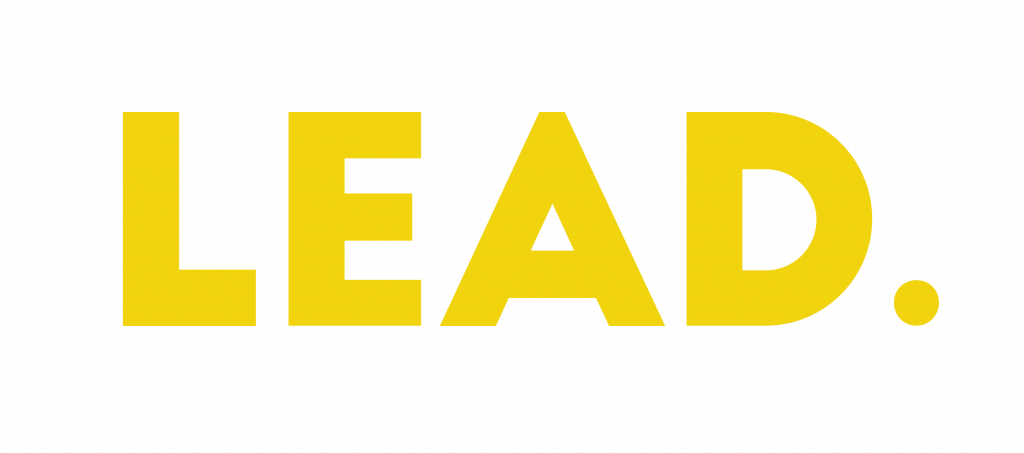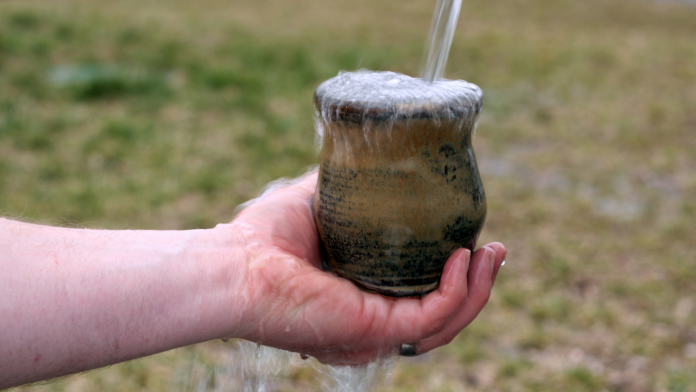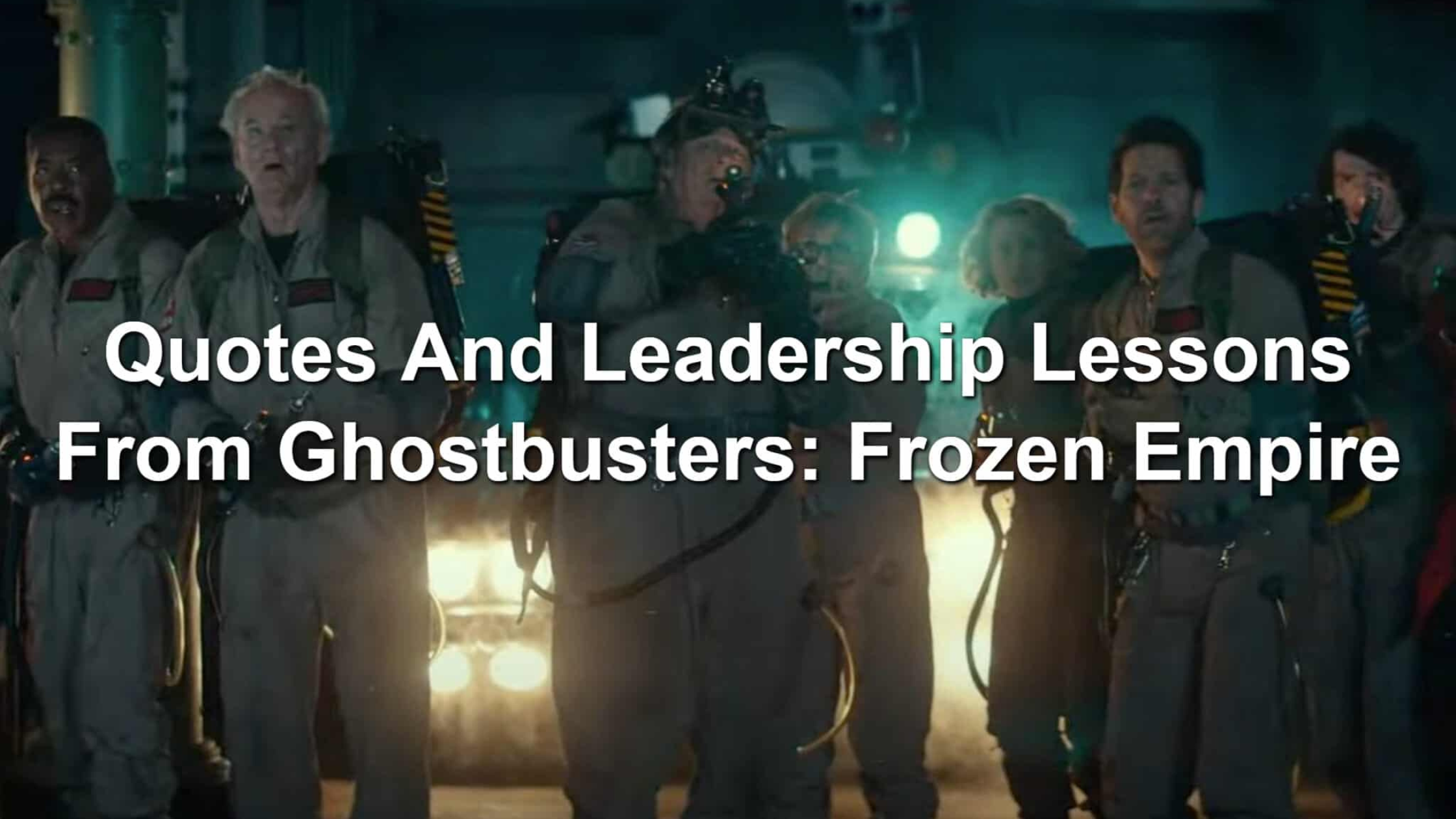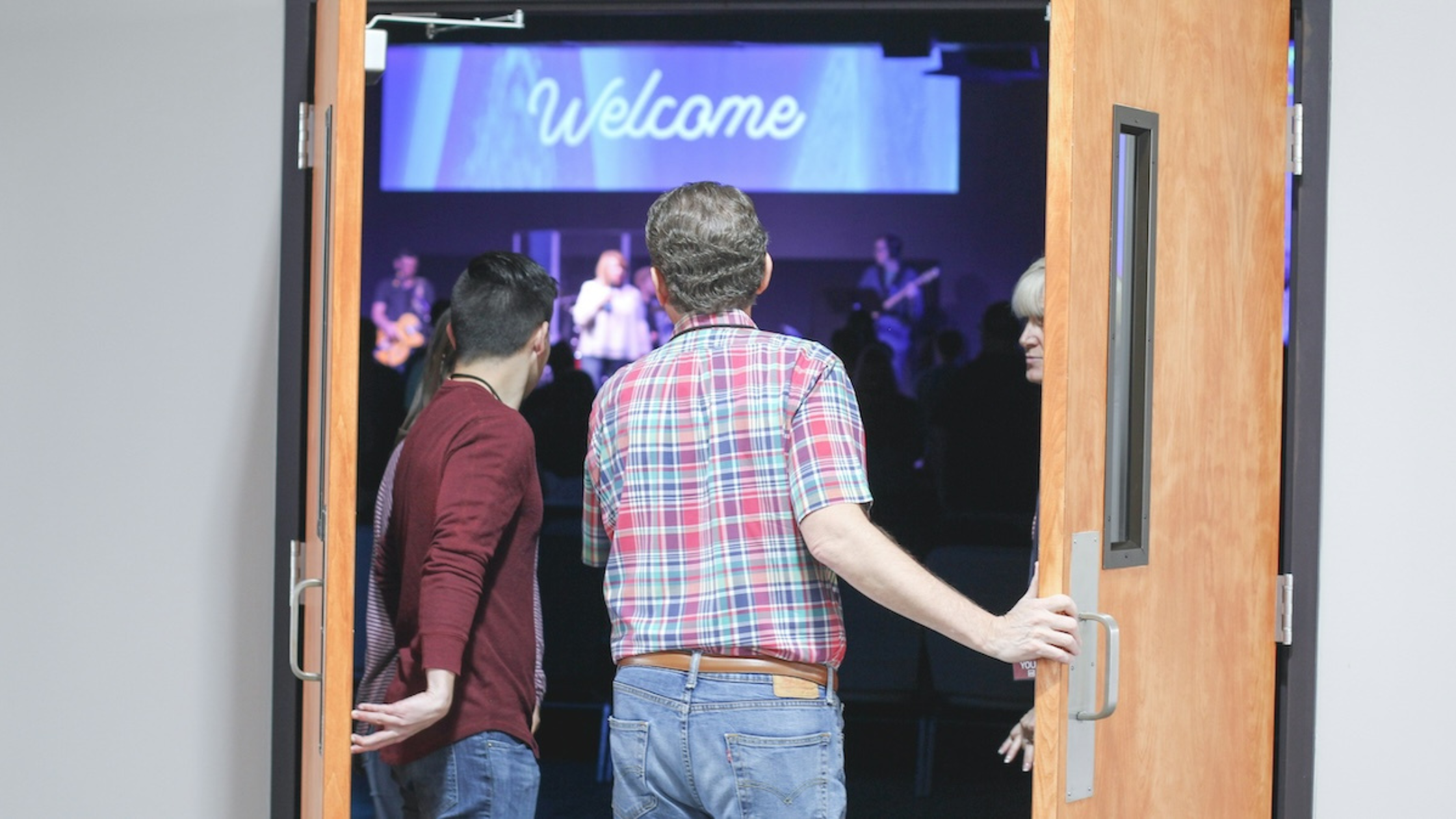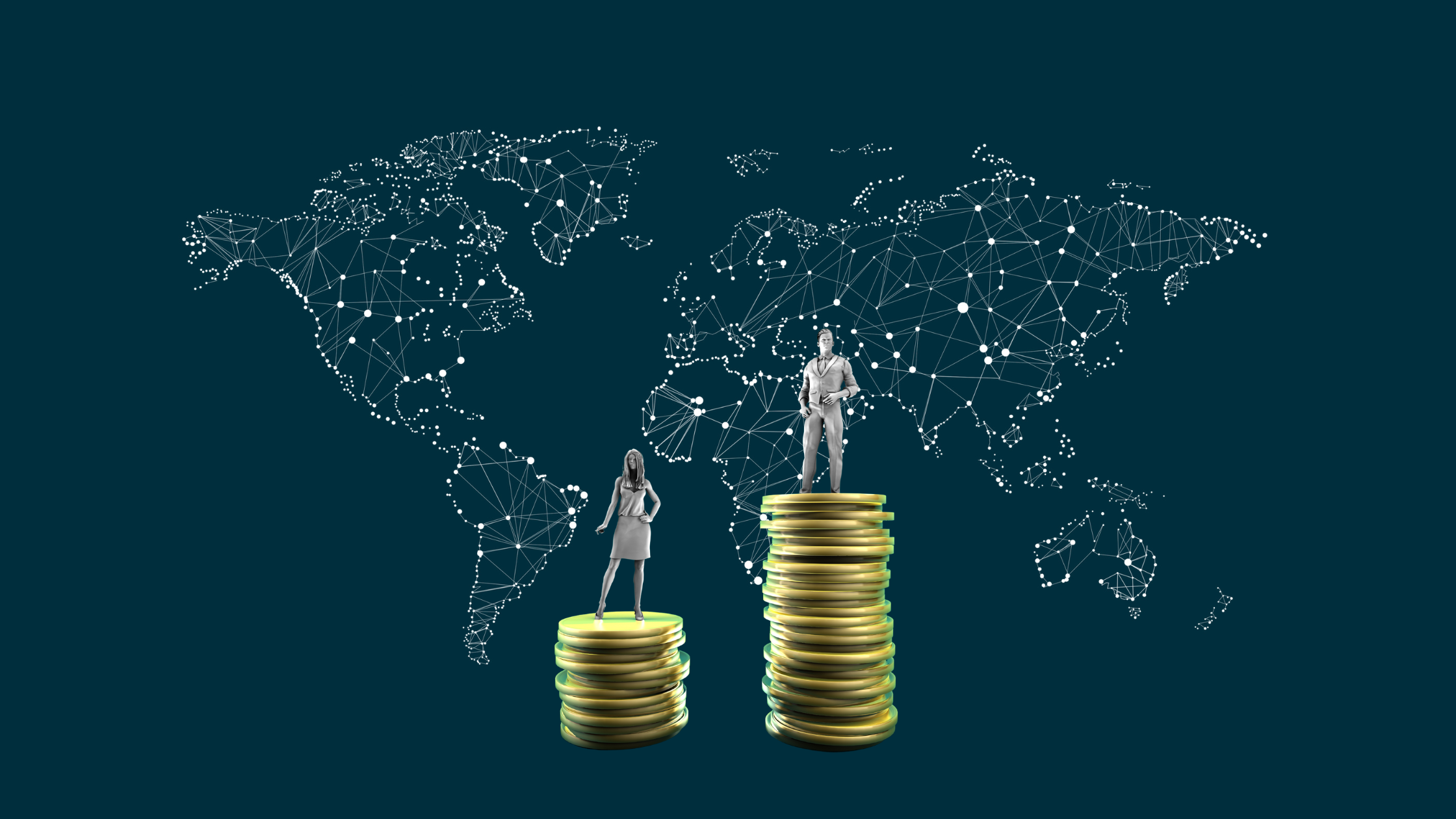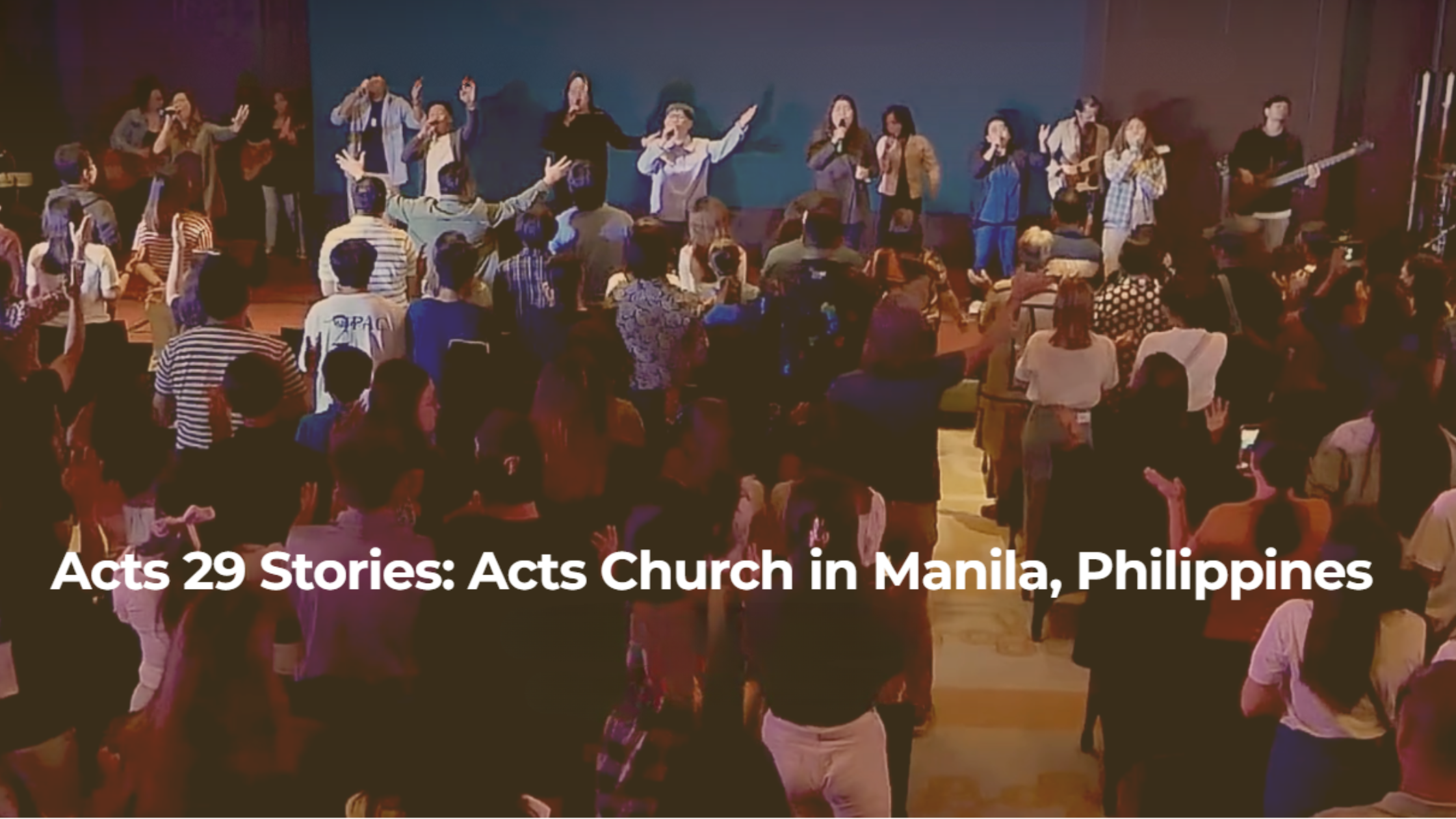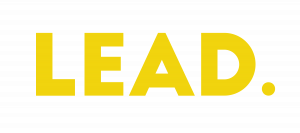Life has a gravitational pull. And the pull I feel is toward doing more. And I think that’s based on an assumption that more is more.
When our church was small, we didn’t do much, but when it began to grow bigger, we did more. When the kids were little, we didn’t have many activities for them. But as they grew older and more capable, the tendency is to enroll them many things to develop them. You start off in life with a small house, but the tendency is that as you get older and make more money, you buy a bigger house and accumulate more stuff. The underlying belief under all of this? More is more.
My problem with more is that I found it both overwhelming and ineffective. As I struggled to do more, it seemed like I accomplished less. As our church did more, I honestly feel that we became less effective at helping people grow spiritually. Even with two kids, our family was out almost every night of the week between church, music and sports. (If exhaustion was a measure of greatness, many families border on near-genius today.) And while we are still in the same house we first bought 11 years ago, I’m amazed at how much stuff accumulates without trying.
More becomes the default for most of us for these reasons:
- Life drifts toward complexity, not toward simplicity
- Life drifts toward more, not better or less
- Saying yes is easier than saying no
- Strategy takes thought and planning – doing “whatever” is much more natural
- Being reactive is much easier than being proactive
I no longer believe that more is more. That’s been a huge shift for me in the last three years. We’ll talk more about why tomorrow. For three years, I’ve been fighting the default of more, and ironically discovered that less leads to overflow.
In the meantime, check in for a minute about how “more” has been working for you. When do you feel overwhelmed? Why does your life keep moving toward “more”? To what extent do you believe that more is better? How has that belief served you over the years?
You Deserve to Stop Living at an Unsustainable Pace. How to Get Your Time, Energy, and Priorities Working In Your Favor.
Wow! I didn’t realize I was in desperate need of this message and system in my life and business.
This message so profoundly impacted us, that we named our annual company theme, “At Our Best,” using Carey’s system and resources to strengthen our culture and make health a priority this year.”
Sean Cannell, Founder and CEO, Think Media
Without a new strategy and approach, it’s easy to continue to:
- Sacrifice family on the altar of work
- Overcommit and underdeliver
- Have no time for what you actually want to do
- Struggle to get time off to refuel and relax
Worst of all, other people—other tasks, jobs, and projects—will continue to hijack your life.
It’s time to change that by implementing a strategy that works.
At Your Best is a proven strategy to get your time, energy, and priorities working in your favor.
It’s a step-by-step online course with video modules, tools, tips, and lessons that help you break the stress spiral and find up to 15 productive hours each week.
50,000+ leaders have used the At Your Best strategy to escape the stress spiral and finally do what they want to do—grow their organizations, advance their careers, launch new ventures, be far more present at home, and take regular time off.
Whatever you choose to do with it is up to you.
